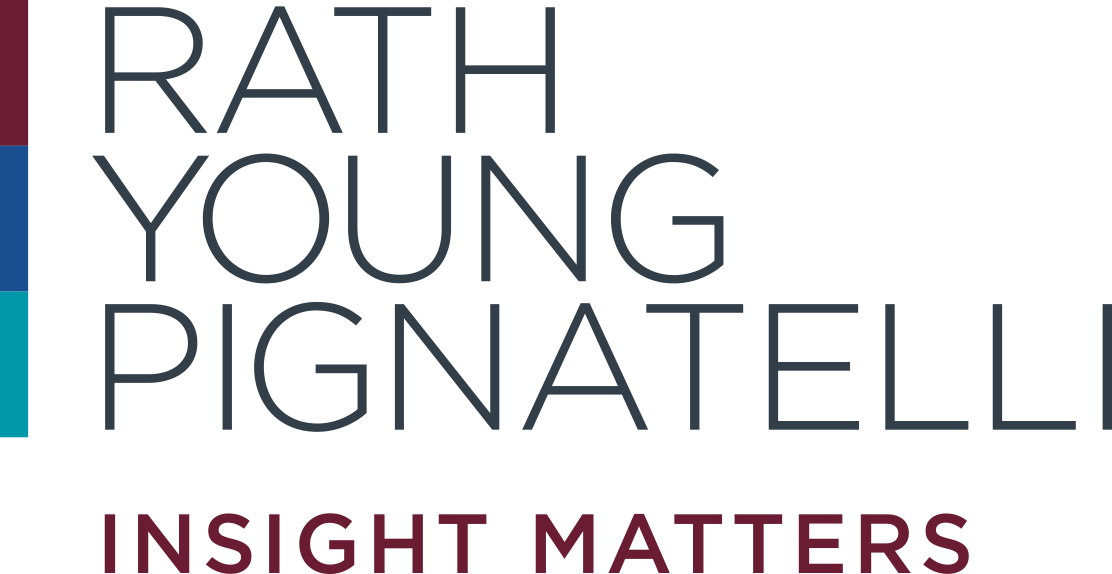Beginning on January 1, 2024, individuals who own and/or control companies (and company applicants) will need to comply with the Beneficial Ownership Information Reporting Rule of the Corporate Transparency Act, which requires certain information about the individuals that own and control companies to be reported to the Financial Crimes Enforcement Network (“FinCEN”) within the United States Department of the Treasury. The information to be provided includes the individual’s name, date of birth, current address, and identification. Businesses also have to report the company’s legal name, trade names or DBAs, principal place of business, jurisdiction of formation, and IRS taxpayer identification number. There are also requirements to report any changes in information (other than changes in the company applicant). The data will be stored in a government database that will not be publicly accessible, but which will be accessible by law enforcement agencies. Unlike similar reports in certain European countries, information will not be generally available to the public.
- Existing entities have until January 1, 2025, to comply
- New entities formed January 1, 2024-December 31, 2024, will have 90 days from the date of approval of formation to comply
- Entities created January 1, 2025, or after will have 30 days from the date of approval of formation to comply
The new requirements apply to all existing and new corporations, limited liability companies, and other legal entities unless an exception applies. This includes entities formed in the United States and foreign entities that are registered to do business in the United States. There are civil and criminal penalties that can be imposed on individuals who do not report the required information.
How do I file a Beneficial Ownership Report?
There is no prefiling allowed, but beginning on January 1, 2024, you can file a Beneficial Ownership (“BOI”) Report through the link to be provided at: https://www.fincen.gov/boi.
An individual who is a beneficial owner or company applicant may also want to obtain a “FinCEN identifier.” This will be especially helpful for those that may be a beneficial owner or company applicant for more than one entity, as it can speed up the report process. FinCEN identifiers can be requested on or after January 1, 2024, through a web form that will be available at the link above. After an individual submits his or her name, birthdate, address, and identification, the individual will immediately receive a FinCEN identifier that can be used in BOI reports going forward. Reporting companies will also be able to request a FinCEN identifier by checking a box on the BOI report. It may be beneficial for a reporting company to consider designating an employee to be a “Corporate Transparency Act Officer” who is responsible for collecting and updating reporting information and submitting BOI reports.
What is the purpose of the Beneficial Ownership Information Reporting Rule?
The Beneficial Ownership Information Reporting Rule is designed to combat financial crimes such as tax evasion, money laundering, and terrorism financing. It also brings the United States into closer alignment with international standards.
What entities are exempt from reporting?
There are 23 specific exceptions. The following is a brief summary of the exceptions that we expect to be most commonly applicable:
- Large Operating Company – Entities that meet all six (6) requirements, which are that that it: (i) employs more than 20 full-time employees; (ii) has more than 20 full time employees work in the U.S.; (iii) owns or leases a physical location, distinct from that of any unaffiliated entity, in the United States where it regularly conducts business; (iv) filed a Federal tax return in the prior year demonstrating more than $5 Million Dollars in gross receipts or sales; (v) reported the $5 Million Dollars (net of returns and allowances) on the entity’s IRS Form 1120, consolidated IRS Form 1120, IRS Form 1120-S, IRS Form 1065, or other applicable IRS form; and (vi) gross receipts or sales remains greater than $5 Million Dollars when sources outside the United States, as determined under Federal income tax principles, are excluded from the entity’s gross receipts or sales.
- Banks – Entities that qualify as a “bank” under Section 3 of the Federal Deposit Insurance Act (12 U.S.C. § 1813); Section 2(a) of the Investment Company Act of 1940 (15 U.S.C. § 80a-2(a)); or Section 202(a) of the Investment Advisers Act of 1940 (15 U.S.C. § 80b-2(a)).
- Credit Union – Entities that are either: (i) a “Federal credit union” under Section 101 of the Federal Credit Union Act (12 U.S.C. § 1752); or (ii) a “State credit union” pursuant to Section 101 of the Federal Credit Union Act (12 U.S.C. § 1752).
- Insurance Companies – Entities qualifying as an “insurance company” pursuant to Section 2 of the Investment Company Act of 1940 (15 U.S.C. § 80a-2).
- Tax-exempt entity – Entities that are: (i) described in Section 501(c) of the Internal Revenue Code of 1986 (Code) (determined without regard to section 508(a) of the Code) and exempt from tax under Section 501(a) of the Code; (ii) described in Section 501(c) of the Code, and was exempt from tax under Section 501(a) of the Code, but lost its tax-exempt status less than 180 days ago; (iii) political organizations, as defined in Section 527(e)(1) of the Code, which are also exempt from tax under section 527(a) of the Code; or (iv) a trust under Section 4947(a)(1-2) of the Code.
- Inactive entity – Entities that existed on or before January 1, 2020, are not actively doing business, are not owned by foreign persons, have not changed ownership in the last 12 months, have not sent or received more than $1,000 in the last 12 months, and do not own any assets in the U.S. or abroad.
- Subsidiaries – Subsidiaries of certain other exempt entities will also be exempt, if the subsidiary’s ownership interests are controlled or wholly owned, directly or indirectly, by one of the specified exempt entities. This includes, but is not limited to, subsidiaries of large operating companies, tax-exempt entities, insurance companies, banks, and credit unions.
Please reach out to us if you want to discuss other possible exemptions.
Who has to report?
- Beneficial Owners. All “beneficial owners” of the entity will be required to provide information to FinCEN unless an exception applies.
Usually, a beneficial owner will include anyone who owns or controls at least 25% of the company or otherwise has substantial control over the entity. A person has substantial control if he or she is a senior officer, has the ability to appoint or remove certain officers or a majority of directors of the company, is an important decision-maker, or would otherwise be determined to have “substantial control” over the company. This includes trustees and beneficiaries of trusts if the trust has ownership and control of a reporting company. More information about who has to report and additional guidance can be found here: Small Entity Compliance Guide | FinCEN.gov.
- Company Applicants. When forming a new entity, on or after January 1, 2024, the individual(s) primarily responsible for filing the document creating the company will also be required to report their information to FinCEN. This includes the person primarily responsible for directing the formation, as well as the person who actually files the form. At least one, but no more than two, individuals will be required to report this information.
Company applicants for companies formed prior to January 1, 2024, do not have to report.
What is the deadline to comply?
For any entities in existence before January 1, 2024, you have until January 1, 2025, to file the initial report. Any companies created or first registering in the U.S. between January 1, 2024 – December 31, 2024, will need to file their initial reports within 90 days of formation or registration (measured from the company’s actual or public notice of the approval). Beginning with entities formed or first registering to do business in the U.S. on or after January 1, 2025, the initial BOI report must be filed within 30 days of the actual or public notice of formation. Any changes to the information previously submitted in a BOI report must be filed within 30 calendar days of the change. Corrections must also be filed if anything was inaccurate when the report was submitted, even if it was not known at the time.
What happens if I don’t report?
A willful failure to report complete or update beneficial ownership information, or willful provision of false or fraudulent beneficial ownership information may result in the imposition of civil or criminal penalties, including fines between $500 and $10,000 for each day that the violation continues and/or imprisonment for up to two years.
How will this impact the work done by Rath, Young & Pignatelli, P.C.?
If you have questions about whether you will need to provide beneficial ownership information related to any of your entities or any other questions about compliance with the Corporate Transparency Act, please reach out to us to discuss further. You can also reach out to us if you want to discuss what changes are being made in how Rath, Young, and Pignatelli, P.C. handles entity formation or other items related to entity formation and compliance.

















